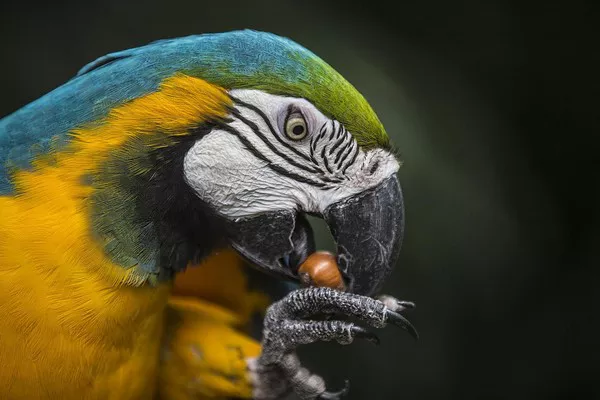A city veterinarian is cautioning pet owners to remain vigilant for symptoms associated with a highly contagious form of chlamydia originating from both pet and wild birds, which can also be transmitted to humans. Unlike the sexually transmitted chlamydia trachomatis bacteria, this variant, known as chlamydia psittaci, can be transmitted through casual contact, such as a simple sneeze. If left untreated, this pathogen can lead to fatal consequences in rare instances.
NSW Health outlines human symptoms, including fever, head and muscle aches, chills, weakness, breathlessness, or a dry cough. In severe cases, it can progress to pneumonia, encephalitis in the brain, and myocarditis in the heart.
While three recent cases at the Wild Vet in Sydney are awaiting confirmation, Dr. Emma Hall, the principal veterinarian, shared details to raise awareness of the symptoms among pet owners. Dr. Hall, having contracted the bacterial infection twice, emphasized the severity of the disease. She recounted a personal experience, stating, “I entered the consult room, and the bird flew straight onto my shoulder and sneezed in my face and then tested positive for chlamydia. So I ended up going straight on antibiotics because I knew I had to be infected.”
If birds exhibit symptoms of chlamydia psittaci, such as swollen eyes, diarrhea, weakness, ruffled feathers, poor feeding, or runny nose and eyes, owners are advised not to panic but seek veterinary care promptly. Dr. Hall stressed that, like humans, birds can be treated, often achieving a full recovery. The disease is more prevalent in birds from pet shops or those recently in facilities without proper quarantine measures or bird testing protocols. Chlamydia psittaci can affect any bird species, making awareness and preventive measures crucial for both pets and their owners.



























